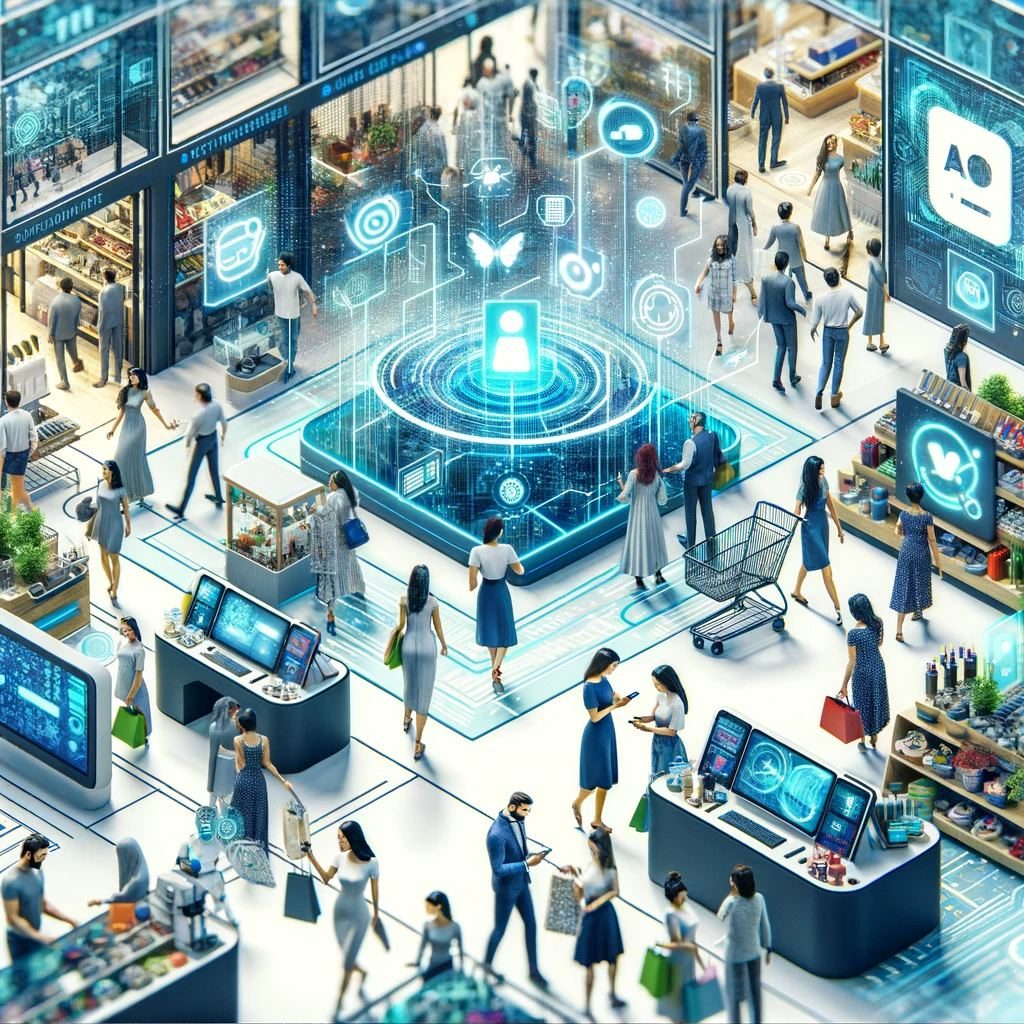Today, tech is changing everything, and healthcare is no exception. It’s a big deal because it’s all about making people healthier. Artificial intelligence, or AI for short, is leading the way. People are really hopeful it can help us bring good healthcare to every place in the world. But, it’s not going to be easy. There are big challenges and tough questions about what’s right and what’s wrong.
The promise of AI in healthcare
Europe’s healthcare is good, but still, 1 out of 5 people can’t get the help they need. Why? There are lots of roadblocks. But here comes AI, like a superhero, hoping to change that. It’s all about making healthcare easy for everyone to reach. Imagine turning things we use every day into gadgets that can check our health. Or using loads of data to catch diseases early. AI can do a lot. For example, there are smart bras that keep an eye on your heart and apps that help doctors reach more patients. These cool ideas are trying to make sure everyone gets the care they need, when they need it, especially those who often get left out.
But, for AI to really work in healthcare, it needs the right kind of data. If the data is biased, AI might make unfair choices, leaving out the very people it’s supposed to help. The big task is to feed AI with a wide mix of data that truly shows what everyone is like. This way, AI can serve all of us well, no matter who we are.
Steering through a bumpy road
Getting AI into healthcare isn’t easy. There are big bumps in the road. One of the toughest is making sure AI gets the whole picture of different people’s lives and needs. We’ve got to mix all kinds of data into AI’s learning so it really gets it. And, we can’t forget how important people are in healthcare. AI is here to help, not take over. Doctors and nurses have something special – they understand and care in ways AI never can. We need to keep that at the heart of healthcare, even as we bring in new tech.
Being open and responsible with AI is key. People making AI need to be upfront about where they get their data, how they build AI, and what AI can’t do well. It’s important to say “we’re not perfect” and make sure there are safety nets in AI to catch mistakes. This helps everyone trust AI more. Also, we need to make sure AI can work together with all kinds of healthcare tech. And, we can’t forget about the gap between those who have easy access to digital stuff and those who don’t. We’ve got to bridge that gap to make sure everyone gets to benefit from AI in healthcare.
The way ahead is clear. For AI to really help in healthcare, we need to think about everyone from the start. Making sure AI works for all kinds of people is a must. Talking to communities to get what challenges they face can help make AI tools that truly answer their needs. Also, we’ve got to keep checking and improving AI, always thinking about what’s fair and keeping people in the loop.
We’re on the edge of a big change in healthcare with AI. The main thing is to use this tech in a good way. By tackling the tough spots head-on and always aiming to include everyone, AI really can make healthcare better for everyone. This means finding ways to connect people everywhere to health and making sure health is a right for all, not just a lucky few.





